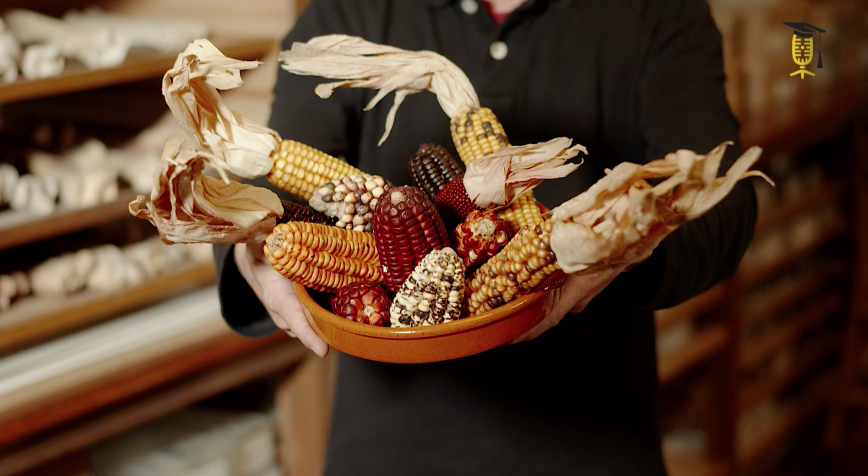
KBIN
Knowing the past to predict the future
Alexandre Chevalier studies plants from the past. He is convinced that this knowledge can help us to grow food in a more sustainable way.

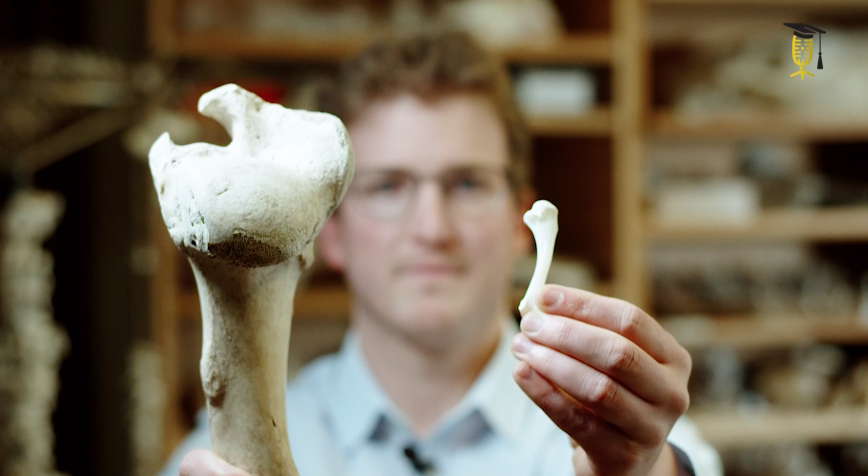
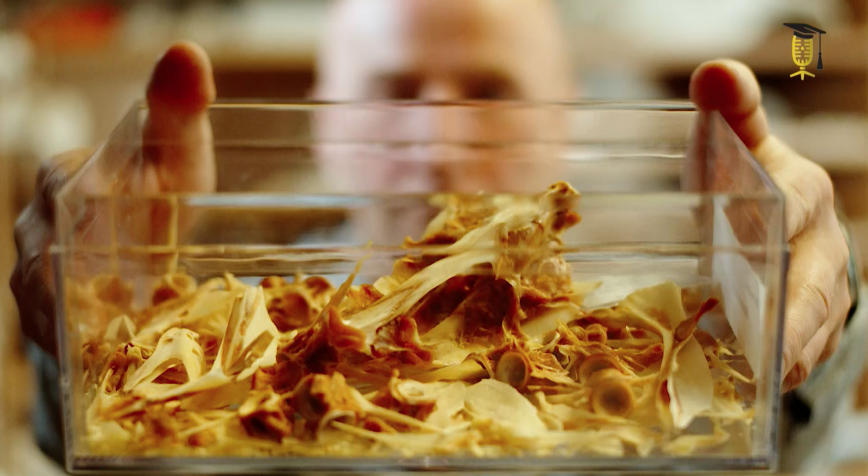
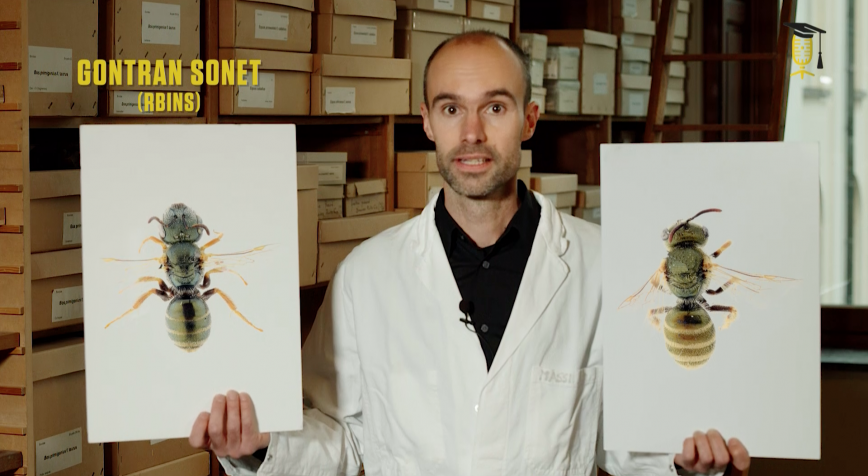
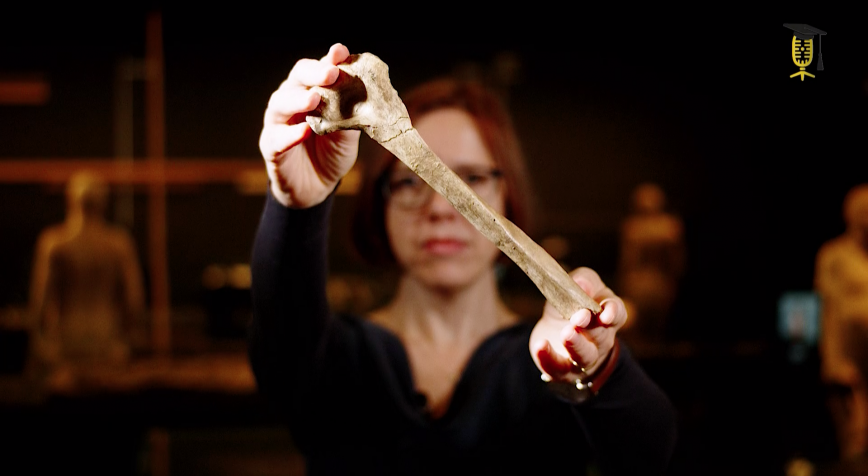
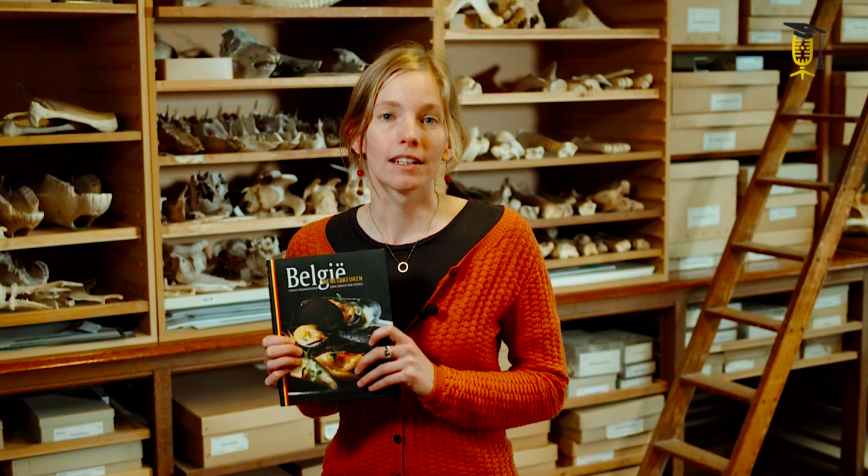
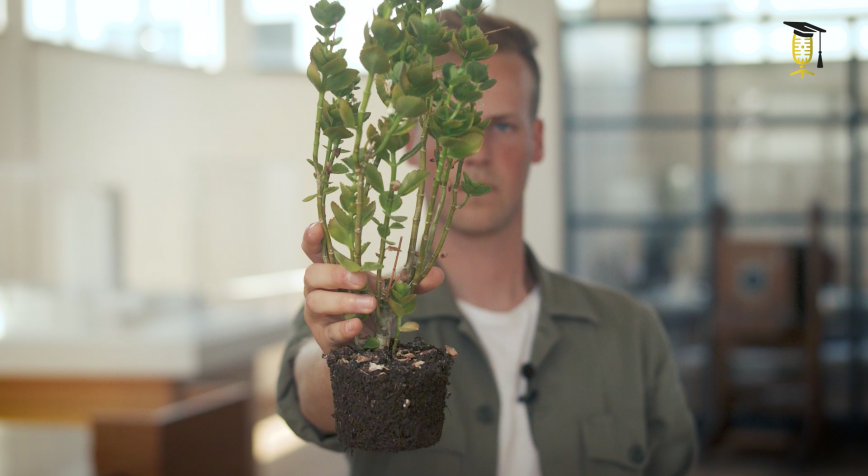
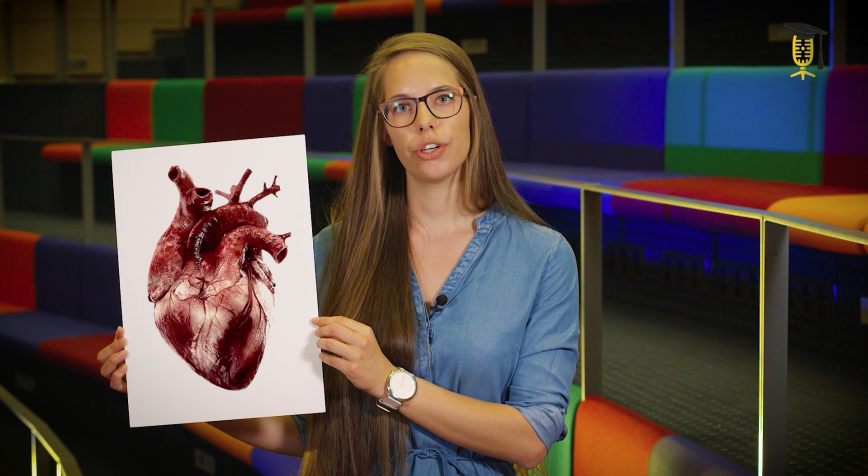
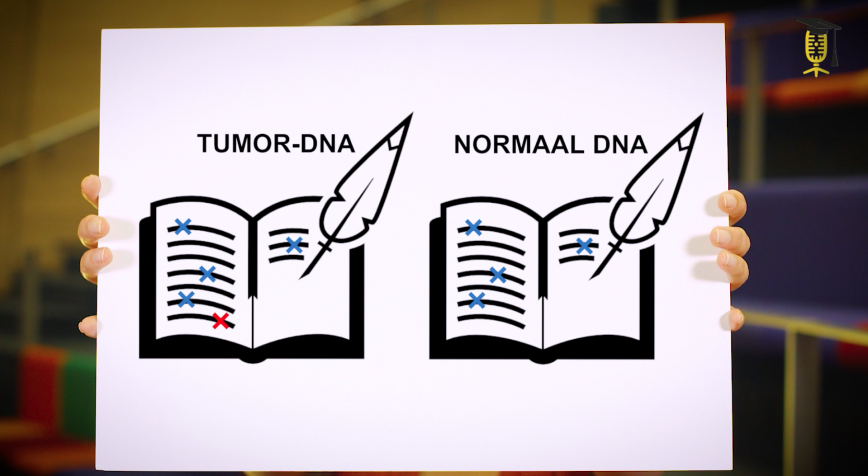
Expect 2 new videos every week. Want to stay up to date?